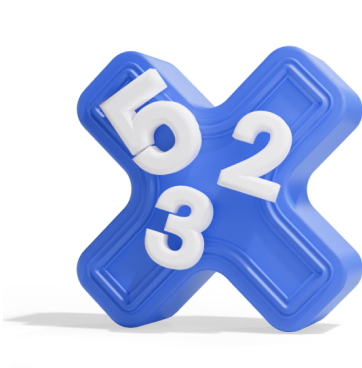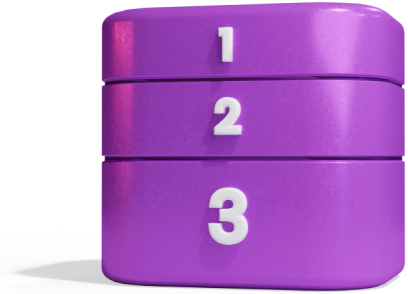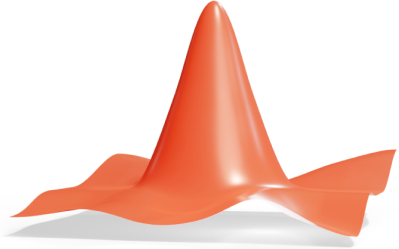11th Grade Q1
Stocks and bonds are two of the most common ways to invest money. While both can help you grow your wealth, they are very different.
What are Stocks?
- When you buy stocks, you are buying a small part of a company, known as equity.
- This small part is called a share.
- Owning stocks means you become a part-owner of the company.
How do you earn money from stocks?
- Capital gains: If the company does well, the price of the stock goes up. You can sell your stock for a profit.
- Dividends: Some companies share their profits with stockholders. These payments are called dividends.
Example - Capital Gains
You buy a stock for $200. After some time, the price goes up to $250. If you sell it, your profit is:
Example - Dividends
If you own 20 shares in a company, and the company pays a $3 dividend per share, you will receive
Dividend payments are often paid on a regular schedule, for example every quarter (3 months) or biannually (every 6 months).
Note: Not all companies pay dividends.
What are Bonds?
- When you buy a bond, you are lending money to a company or the government.
- The company or government promises to pay back your money at a given date, known as the maturity date, with regular interest payments before then.
- The par value of a bond is the amount of money the bond issuer promises to pay back to the bondholder when the bond matures. It is also called the face value of the bond. Most bonds have a par value of $1,000, but it can vary depending on the bond.
- The market price is the current cost of a given bond. If the market price is higher, the bond is said trading at a premium. If it is lower, the bond is trading at a discount.
How do you earn money from bonds?
- Interest payments: The borrower pays you interest for using your money.
- Return of principal: At the end of the bond term, you get back the par value of the bond. This date is known as the maturity date, and the bond is said to have matured.
Example
You buy a bond for 1,000 with an interest rate of 5% per year. After one year, you earn:
If you hold the bond for 3 years, you earn:
At the end of 3 years, you also get back your original $1,000.
Risk vs. Reward
- Stocks: Higher risk, but they can give higher returns. If the company does well, stock prices increase, and you earn more money. However, if the company does poorly, stock prices can fall.
- Bonds: Lower risk because you are promised interest and repayment. However, the profit is smaller compared to stocks.
Summary
- Stocks make you a part-owner of a company and can give higher profits but are riskier.
- Bonds are loans where you earn interest with less risk.
Understanding these differences helps you decide where to invest your money. Whether you choose stocks, bonds, or both, start learning early so you can grow your wealth for the future!




















